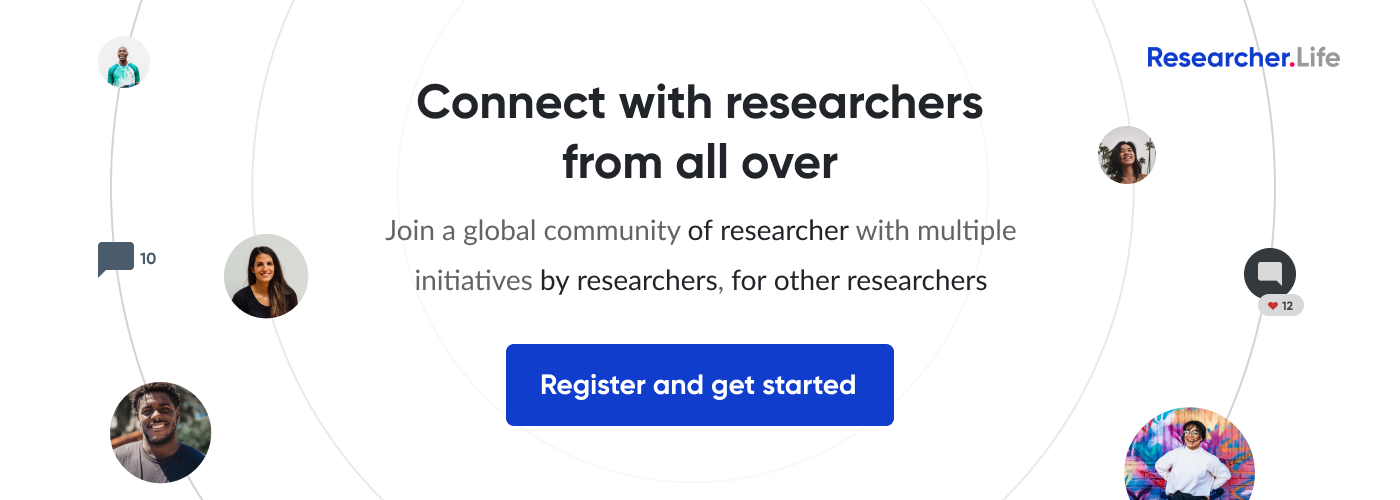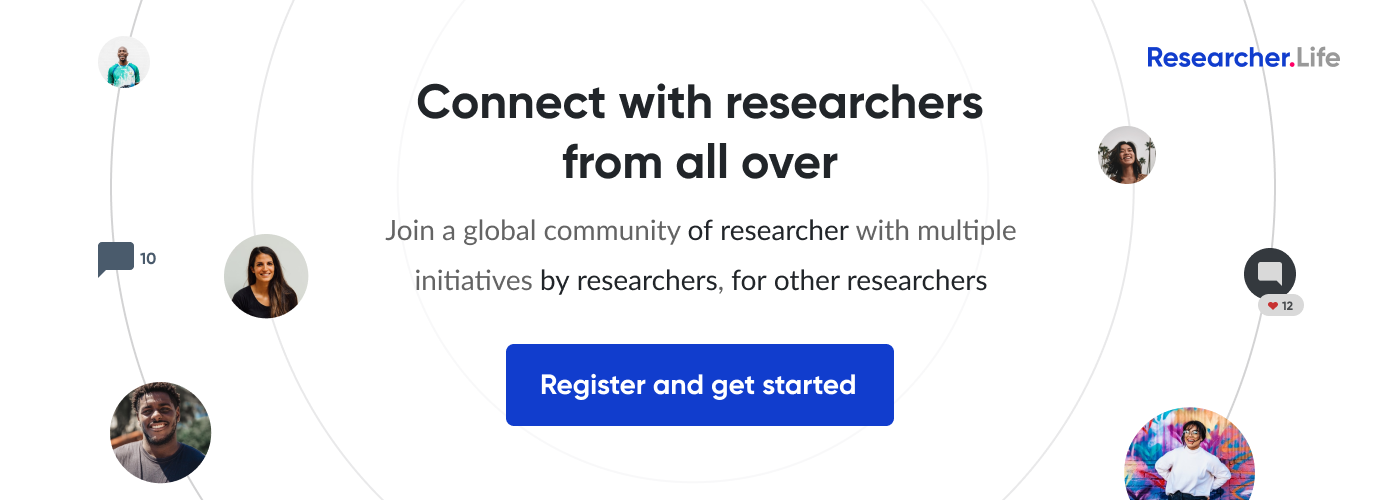Global research integrity initiatives

Recently, mounting concerns have led to a surge in efforts globally to strengthen research integrity. Government agencies, academic institutions, and publishers have taken to initiating, fortifying and updating research integrity measures. Here we review some of these recent research integrity initiatives.
1. National/regional policies and initiatives
Ensuring research integrity is a matter of national importance, and many countries are actively engaged in creating and updating related policies.
1.1 European Union
The European Commission’s Horizon 2020 invested in programs and initiatives to develop educational materials and resources related to research integrity for users within and outside Europe, e.g., Path2Integrity, INTEGRITY, and VIRT2UE. Another project it gave rise to was the SOPs4RI Toolbox, a set of guidelines that funders and research institutions can use to develop their own research integrity promotion plans.
1.2 United States
In the United States, the Office for Research Integrity (ORI) develops policies and regulations related to ethical research. The Scientific Integrity Fast-Track Action Committee of The National Science and Technology Council released a Science Integrity Task Force report, calling on policy-makers to develop, implement, and update scientific integrity policies.
1.3 Japan
The Office for Research Integrity Promotion, Ministry of Education, Culture, Sports, Science and Technology (MEXT) keeps updating initiatives for the prevention of misconduct in research in Japan since 2006. As part of MEXT’s “Research Integrity Promotion Program,” Japanese funding bodies collaborate to develop and disseminate research integrity education materials and maintain a network for research integrity officers
1.4 Africa
The African Union has prioritized the promotion of ethics and research integrity in their 2024 strategic plan, Science, Technology, and Innovation Strategy for Africa 2024.
2. Institution-level initiatives
In a recent post on Scholarly Kitchen, Angela Cochran, Vice President of Publishing at the American Society of Clinical Oncology, makes a strong argument for institutions (where researchers are employed) to take responsibility for conducting integrity checks.
While many institutions and universities have a long way to go (many do not have an equivalent of an integrity officer), several have taken steps in the right direction, as listed below.
2.1 Universities’ research integrity resources
Columbia University’s Research and Data Integrity (ReaDI) program provides access to research integrity resources, e.g., online training in handling digital scientific images. The University’s Institutional Policy on Research Misconduct ensures that misconduct allegations are handled appropriately and in line with funder requirements.
Indiana University runs a research integrity webinar series, where the Research Integrity Office staff and faculty members discuss real cases of research misconduct.
2.2 Universities’ statements on research integrity
To show their commitment to the cause of ethical research, many universities now provide their statement on research integrity, e.g., the University of Bristol and University of Oxford.
3. Scholarly societies
Scholarly societies can and should provide guidance for reporting responsible research and data sharing. For example, the American Geophysical Union (AGU) has meticulously collated and compiled best practices for sharing and referencing data, offering guidance and assistance to its members. Similarly, the American Historical Association recently updated their Statement on Standards of Professional Conduct, addressing aspects such plagiarism in considerable detail.
4. Journal initiatives
Academic journals are increasingly becoming cognizant of the importance of a culture of research integrity culture and are spearheading initiatives for research integrity promotion.
4.1 Encouraging open practices
Publishers and journals are encouraging open sharing of raw data, details of the procedures and equipment used to generate data, and data collection and statistical techniques applied, which improves transparency and reproducibility. Open Methods by PLOS exemplifies these practices.
4.2 Research integrity teams
Many publishers have teams to advise their editors, reviewers, and authors on ethical conduct in research and publications and on resolving research integrity problems. If needed, they also carry out investigations to resolve complex cases. For example, Springer Nature has a Research Integrity group, and BMJ has a research integrity and publication ethics team.
4.3 Tools for checking misconduct before publication
Tools that can help publishers and editors in their editorial decision-making are making waves. STM Solutions has developed a Duplicate Submission Checker, which allows publishers and editors to detect duplicate submissions across journals and submissions systems.
5. Impetus to research integrity sleuths: Scientific Integrity Fund
While most hail the Hercule Poirots and Miss Marples of research integrity, these whistleblowing integrity sleuths are often subjected to online abuse, personal attacks, and worse still, lawsuits. Dedicated scientists should feel free to raise concerns without fearing threats of lawsuits. So far, these well-meaning researchers have been relying on avenues like crowdfunding to financially support their cases. Now, Yun-Fang Juan, a data scientist-turned investor, has started a $1 million Scientific Integrity Fund to help whistleblowers pay the legal costs of being sued for flagging misconduct.
6. Key collaborations
6.1 Open retraction data: Crossref X Retraction Watch
Crossref is a nonprofit open digital infrastructure organization and the world’s largest registry of digital object identifiers (DOIs) and metadata for the scholarly research community. Meanwhile, Retraction Watch is a blog that reports on retractions. Late last year, Crossref acquired Retraction Watch data. This collaboration strengthens Crossref’s retraction data and benefits from Crossref’s technological expertise to enhance the database’s accessibility to the community. Users can download the open dataset and integrate it into various systems for easy access to retracted articles (you can try it here).
6.2 Screening problematic manuscripts: STM Solutions X PubPeer
The collaboration between STM Solutions and PubPeer marks a significant advancement in safeguarding research integrity within the scholarly community. With the integration of PubPeer’s database with STM Integrity’s Hub, researchers and publishers gain access to a wealth of expert commentary and post-publication reviews, as well as valuable tools like the paper mill checker, enhancing the Hub’s ability to identify problematic manuscripts early in the publication process.
7. Increased support for research on research integrity
7.1 Grants for research integrity studies
The US ORI awards research and conference grants encouraging empirical research on factors that affect integrity in research. Universities are also offering funds for research in various aspects of research integrity. For example, the University of Sydney announced a scholarship for research on problematic original articles in high-impact factor molecular cancer journals.
7.2 Calls for a new discipline: FoSci
With the rise of AI tools, the types and scale of misconduct are evolving, necessitating new approaches to detect and address problematic papers. Suggestions have been made for embracing a new field of study to address these challenges, namely, “Forensic Scientometrics” (FoSci). While the work being done to uphold research in research integrity by individual researchers, publishers, and universities is not new, a dedicated discipline with this name is a novel idea.
8. Concluding thoughts
8.1 A problem that has been brewing
Concerns over reproducibility, transparency, and ethical conduct within the scientific community continue to grow.According to one estimate, the United States spends $28 billion annually on irreproducible preclinical research. In another study,70% of surveyed researchers tried and failed to reproduce other scientists’ experiments. These trends of poor reproducibility are hardly shocking, given the continued trends of unethical practices in research, writing, and publishing. In the past few months alone, high-profile researchers and their institutions have come under the scanner for data manipulation, thousands of papers produced by paper mills have beenretracted, and a paper with absurd AI-generated images was published (and later retracted). Even more recently, a slew of published papers was found to contain tell-tale signs of text generated by AI chatbots!
8.2 The way forward
These mounting concerns have led to a surge in efforts to fortify research integrity. Various stakeholders, including government agencies, academic institutions, and publishers, have initiated integrity measures, ranging from stringent data management protocols to mandatory ethics training.
Considering the scale of unethical and fraudulent practices in academia, individual initiatives to “clean up” this mess of cannot suffice. It is quite clear now that the responsibility of upholding and maintaining scientific integrity lies with all those involved in producing and consuming scientific information. Thankfully, these very stakeholders are stepping up and creating new and diverse ways to deal with the research integrity and reproducibility crisis. It will be interesting to see how these initiatives reshape the landscape of scientific inquiry, compelling researchers to adhere to rigorous and ethical standards and uphold public trust in science.
Ensuring research integrity is essential, but it doesn’t have to be complicated. Discover how Paperpal Preflight for Editorial Desk helps editors streamline their workflow without compromising the quality of their publications.
Comments
You're looking to give wings to your academic career and publication journey. We like that!
Why don't we give you complete access! Create a free account and get unlimited access to all resources & a vibrant researcher community.














